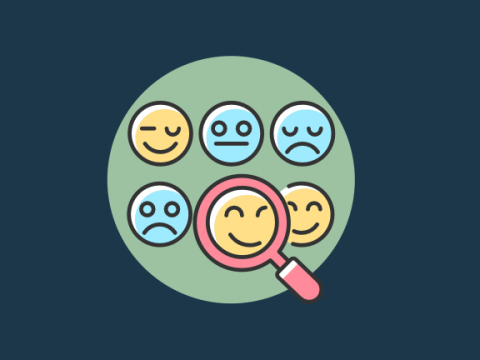Nurturing Emotional Wellbeing for a Balanced Life

Nurturing Emotional Wellbeing for a Balanced Life
Emotional wellbeing is a cornerstone of a balanced and fulfilling life. It involves understanding, managing, and optimizing our emotional state to foster resilience and contentment. In this article, we’ll explore strategies to nurture emotional wellbeing and cultivate a positive mental and emotional landscape.
Understanding Emotional Wellbeing: A Holistic Perspective
Emotional wellbeing encompasses more than just the absence of negative emotions; it involves a holistic approach to mental health. It’s about acknowledging and understanding our emotions, both positive and negative, and developing the skills to navigate life’s challenges with resilience and grace.
Cultivating Emotional Intelligence: The Key to Wellbeing
Emotional intelligence is a vital component of emotional wellbeing. It involves recognizing, understanding, and managing our own emotions while also empathizing with the emotions of others. Cultivating emotional intelligence enhances our ability to build healthy relationships, communicate effectively, and make sound decisions in various aspects of life.
Mindfulness and Emotional Wellbeing: The Power of Presence
Practicing mindfulness is a powerful tool for enhancing emotional wellbeing. Mindfulness involves being present in the moment without judgment. It allows us to observe our thoughts and emotions objectively, reducing reactivity and promoting a calmer state of mind. Mindfulness practices, such as meditation and deep breathing, can be integrated into daily life to cultivate emotional balance.
Healthy Relationships and Social Connections: Building a Supportive Network
Social connections play a significant role in emotional wellbeing. Building and maintaining healthy relationships provide a support network during challenging times and contribute to a sense of belonging and fulfillment. Nurturing positive connections with family, friends, and the community fosters emotional resilience.
Self-Care Practices: Prioritizing Your Wellbeing
Prioritizing self-care is fundamental to emotional wellbeing. This involves taking intentional steps to care for your physical, emotional, and mental health. Engaging in activities you enjoy, setting boundaries, getting adequate sleep, and maintaining a healthy lifestyle are all essential aspects of self-care that contribute to overall emotional wellbeing.
Emotional Regulation Strategies: Managing Intense Emotions
Learning effective emotional regulation strategies is crucial for navigating the ups and downs of life. Techniques such as deep breathing, progressive muscle relaxation, and journaling can help manage intense emotions. Developing healthy coping mechanisms allows for a balanced response to stressors, preventing emotional overwhelm.
Positive Psychology: Focusing on Strengths and Positivity
Positive psychology emphasizes focusing on strengths and positive aspects of life to enhance emotional wellbeing. Practicing gratitude, fostering optimism, and savoring positive experiences contribute to a more optimistic outlook. Incorporating positive psychology principles into daily life promotes a mindset of resilience and appreciation.
Professional Support for Emotional Wellbeing: Breaking Stigmas
Seeking professional support is a proactive step in prioritizing emotional wellbeing. Therapists, counselors, and mental health professionals offer valuable insights and tools to navigate emotional challenges. Breaking the stigma associated with seeking mental health support encourages a culture of open communication and acceptance.
Emotional Wellbeing Across the Lifespan: Tailoring Approaches
Emotional wellbeing is a lifelong journey, and the strategies for cultivating it may vary across different stages of life. Tailoring approaches to the






